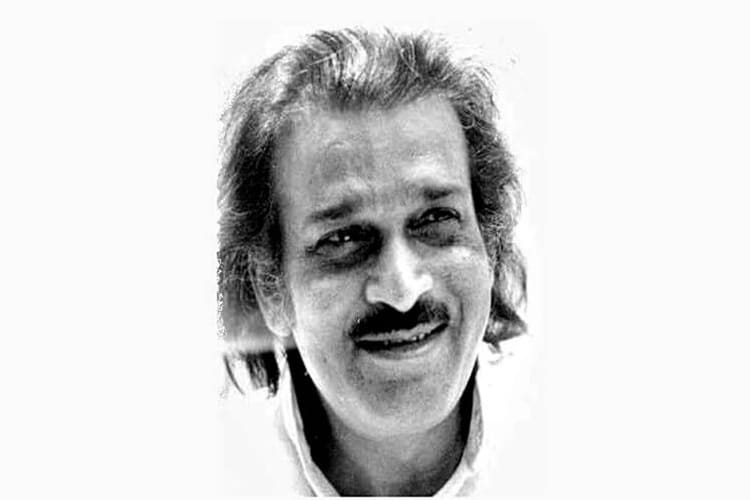Sarveshwar Dayal Saxena (3 February 1927 – 23 June 1975) was a prominent Hindi poet, essayist, and literary figure who made significant contributions to Indian literature.
Life and Career
Sarveshwar Dayal Saxena was born on 3 February 1927 in Banaras (now Varanasi), India. He displayed an early inclination towards literature and began writing poetry during his school days.
Saxena completed his education in Varanasi and later pursued a master’s degree in Hindi literature from Banaras Hindu University.
After completing his education, Saxena embarked on a career in teaching, working as a lecturer in various colleges. Alongside his teaching profession, he continued to write poetry, essays, and literary critiques, gaining recognition for his profound understanding of Hindi literature and his skillful expression of ideas.
Saxena’s poetry is characterized by its simplicity, emotional depth, and profound philosophical insights. He explored various themes such as love, human relationships, nature, spirituality, and social issues. His poetry often resonated with the common man, reflecting their joys, sorrows, and aspirations.
In 1983, Sarveshwar Dayal Saxena was honored with the Sahitya Akademi Award, one of the highest literary awards in India, for his collection of poems titled “Naye Yug Mein Shatru”. This recognition further cemented his stature as a leading figure in Hindi literature.
Throughout his career, Saxena remained actively involved in literary circles, participating in seminars, conferences, and literary festivals. He also served on various editorial boards and advisory panels, contributing to the promotion and preservation of Hindi literature.
Award and Legacy
Sarveshwar Dayal Saxena’s Sahitya Akademi Award in 1983 for his collection of poems titled “Naye Yug Mein Shatru” stands as a testament to his literary brilliance and profound impact on Hindi literature. This prestigious award recognized his significant contributions to poetry and cemented his position as one of the most influential poets of his time.
Saxena’s legacy is characterized by his profound understanding of human emotions, his ability to capture the essence of life through simple yet powerful verses, and his unwavering commitment to social and cultural values. His poetry continues to resonate with readers, touching upon universal themes such as love, spirituality, nature, and the human condition.
Saxena’s works have been studied, analyzed, and celebrated by scholars, poets, and enthusiasts alike. They remain an integral part of Hindi literature, inspiring subsequent generations of writers and poets to explore new dimensions of creativity and expression.

